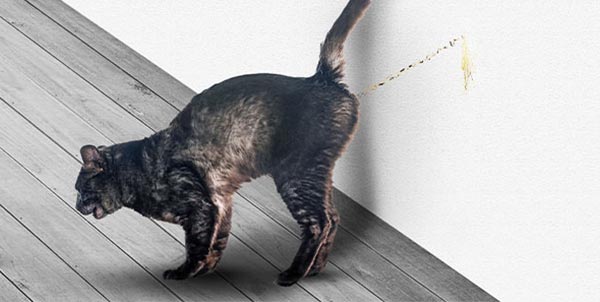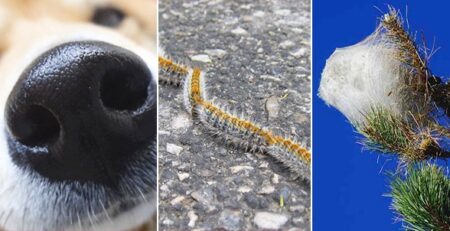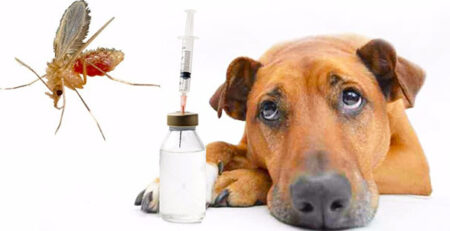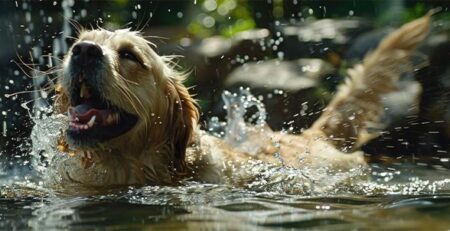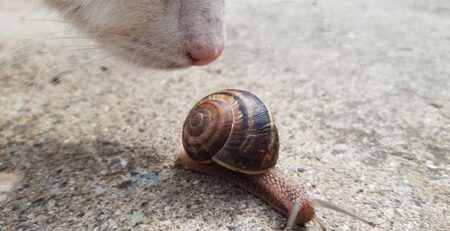Table of Contents
Male cat castration: patience if your kitty is not so “macho” anymore. In return, he will live longer and healthier.
Even today there is a widespread prejudice that neutering a male cat is cruelty or impairment.
Instead, neutering is an act of civility and responsibility that all male cat owners should perform.
If you feel that neutering is avoidable just because your cat is male and therefore will not give birth and the onus is not on you to take care of litters, you should reconsider your position.
Are you convinced that castration is an act against nature? That’s not quite right
If your qualm is that castration is an act against nature, let’s object that theoretically so is imprisoning females or preventing males from reaching them during their heats.
Pup suppression and mating diseases: here is the real distortion.
The lives of companion animals are already altered, as they are dependent on and conditioned by humans in a thousand different ways, and spaying and neutering do not constitute the major “distortion.”
Abandonments, culling of puppies (a criminal remedy often resorted to by humans) and mating diseases could be avoided if only preventive castration were used.
Do you know the relationship between urbanization and feline overcrowding?
Urbanization and the close coexistence of humans and animals do not allow nature to regulate the ecosystem.
The direct consequence is precisely overpopulation, especially where animals have the opportunity to draw from numerous sources of supply represented, for example, by waste.
The problem is that the number of animals in the territory tends to be greater than the number of people willing to care for them or welcome them into homes and gardens.
Remember, however, that neutering is still a surgical procedure and should be arranged with your veterinarian: consulting him or her will help you make an informed decision to protect your kitty’s health and well-being.
Can you recognize your cat’s sexual anxieties?
From the moment he feels the urge to mate, the male cat clearly manifests this drive through:
- Vertical urinary marking, whereby they affix their signature in specific places where there is a need, precisely, to leave other male cats with a clear and unmistakable olfactory message i.e., “I’m in here and the females are mine”
- Emotional instability, constant meowing, aggression, lack of appetite, melancholy attitude, nervousness.
- Tendency to escape in order to search for a partner and to engage in fights with other competing males-a “stray” behavior that exposes the kitten to the dangers of the streets and the risk of contracting, through blood and saliva resulting from fights with other males, serious diseases such as Fiv (feline immunodeficiency) and FeLV (feline leukemia).
That said, have you decided to have your cat neutered but are undecided between vasectomy and orchiectomy?
Generally, castration of male cats is performed after both testicles descend into the scrotum, then around six months of age.
There are two types of surgery: vasectomy and orchiectomy, which is actual castration.
- Vasectomy (or deferentectomy) involves the resection, after ligation, of the vas deferens ducts that carry sperm. This is rarely done because the cat becomes sterile, but behaviors related to its sexual maturity do not cease.
- In the case of orchiectomy, however, the veterinarian incises the scrotal sac, closes the sperm funicles, and extracts and removes the testicles. It is a definitive and minimally invasive surgery that totally eliminates the animal’s sex drive.
- A third alternative is drug treatments, which, in addition to their dubious reliability, can cause harmful side effects to the cat’s health and in the long run, predispose the cat to infections, if not even tumors.
Do you still have any doubts about the benefits of castration?
Assuming that neutering does not cause harm to the animal or affect its psyche and temperament or alter its cognitive faculties, know that it is an intervention from which only health benefits accrue to your cat.
- The greatest benefit of castration is, undoubtedly, the prevention of testicular disease, prostate inflammation and enlargement, and perianal gland tumors.
- Neutering only deprives the cat of hormones that regulate sexual behavior so that the desire to mate ceases. By overriding the instinct to gratify this merely reproductive drive, the cat is spared the sense of frustration resulting from the failure to gratify the desire. The feline will no longer suffer from sexual anxiety stress, and the circulating testosterone will not make it an aggressive, territorial animal.
Do you know how to handle the cat after neutering?
The postoperative course is short and usually free of complications. In the hours immediately following surgery, it is best to leave the cat quiet.
The only caution is to make sure the cat does not lick the wound. If this happens, leading to the wound itself swelling or, even, tearing, consult your veterinarian immediately.
Are you concerned that your cat may gain weight after neutering?
Do not take for granted the connection between a cat’s neutering and its tendency to gain weight, and this is in the face of the fact that some spayed cats gain weight and others maintain an enviable figure.
Obesity is an indirect consequence of castration: excess fat is an accumulation due to decreased energy use i.e. reduced activity level.
The real cause of obesity in the cat lies in the overeating associated with the sedentary and less active life that the feline begins to lead when, after castration, he no longer has reason to scamper far and wide in search of females.
Increase your cat’s physical activity level, either by increasing play or adopting another so that they can play together, and moderate their caloric intake: doing so will preserve your kitty from obesity.
The Staff of La Veterinaria Clinic is at your complete disposal: contact the veterinary doctors on our staff to clarify your doubts about neutering your cat and get the information and reassurance that the case requires.
Equipped with a surgical room with state-of-the-art equipment, we would also like to remind you that Clinica La Veterinaria is always open h24 every day including holidays and with First Aid service from 8 pm to 8 am.
Just for the joy of seeing them happy.

